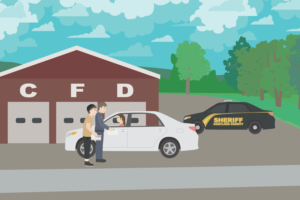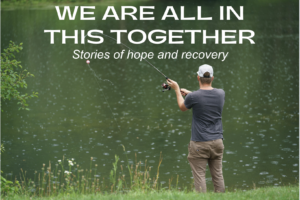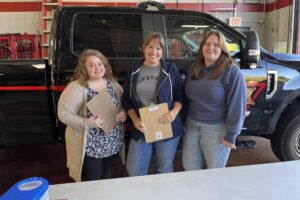Opioid Task Force Kicks-Off with July Meeting
What happened?
On July 18th, Healing Cortland’s Opioid Task Force met for its first full meeting, kicking off the “implementation phase” of the HEALing Communities Study (HCS).
Over the course of the next 18 months, the Opioid Task Force will look at local data and a “menu” of evidence-based strategies to figure out how best to use our funding (Community Impact Dollars) to reduce opioid overdose deaths in Cortland County. The Task Force is supported by a local team of full-time staff: a Project Manager, a Data Coordinator, and a Community Engagement Coordinator. Researchers from Columbia University will also provide training and other technical support to make sure we have the resources we need to implement whatever strategies we choose.
Over 20 community partners met last week to start the process of formalizing the Opioid Task Force. The Research Team gave an overview of the project, we discussed how to structure our work together and what our shared values are, community partners shared local success stories of data-driven decisions making, and we started mapping out the drug-related services and resources that already exist in Cortland County.

What’s next?
At our next meeting, in mid August, the Task Force will use that map of existing services to identify gaps in services–things we don’t do or things we should expand. Then they’ll try to match those gaps to strategies on the menu of options we can choose from.
Once we have gaps and priorities mapped out, the Task Force will break out into focused workgroups, each focused on a different kind of strategy or part of the overdose epidemic. We expect to start out with workgroups targeting:
- Overdose Education and Naloxone (Narcan) Distribution (OEND)
- Medication for Opioid Use Disorder (MOUD)
- Safer Opioid Prescribing and Dispensing
- Lived Experience of Opioid Use
- Communications
The HCS will also provide money and support for three communications campaigns to raise awareness and reduce stigma. The first one starts this Fall and focuses on naloxone and fentanyl. There’s already been significant outreach to educate and train people on naloxone–and get kits in people’s hands–thanks to Healing Hearts Collaborative, Family and Children’s Counseling, the Southern Tier AIDS Program (STAP), and other community partners. We want to use this communications campaign to build on that strong foundation and help further raise awareness of who can be at risk for overdose and how to respond to one.
If you are interested in getting more involved, contact us by either filling out this form or contacting Aster at aparrott@cortlandareactc.org or (607) 218-5488 (call or text). Learn more at healingcortland.org.





